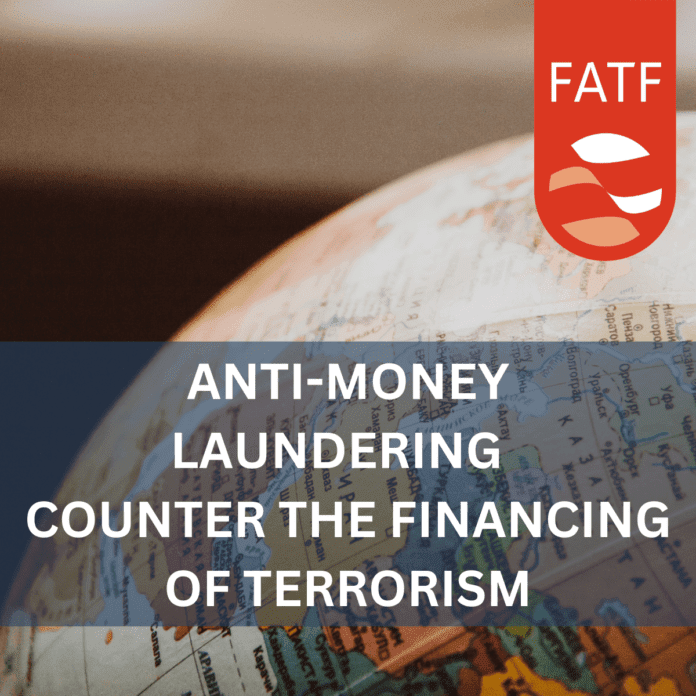This Content Is Only For Subscribers
The Financial Action Task Force (FATF) is an international organization that sets standards and promotes the effective implementation of legal, regulatory and operational measures for combating money laundering, terrorist financing and other related threats to the integrity of the financial system. The FATF’s first recommendation is to establish a National AML CFT policy and coordination mechanism. This mechanism should be responsible for developing and implementing the country’s AML/CFT framework, and for coordinating the efforts of all relevant authorities.
The National AML CFT policy should be based on a risk assessment of the country’s money laundering and terrorist financing risks. The policy should also be aligned with international standards, such as the FATF Recommendations.
The National AML CFT coordination mechanism should bring together all relevant authorities, such as the financial intelligence unit, law enforcement, and the judiciary. The mechanism should ensure that there is a clear division of responsibilities and that there is effective cooperation between all authorities.
The National AML CFT policy and coordination mechanism is essential for effectively combating money laundering and terrorist financing. By establishing a strong and effective mechanism, countries can protect their financial systems from these threats.
The following are some of the key elements of a national AML/CFT policy and coordination mechanism:
- A clear statement of the country’s commitment to combating money laundering and terrorist financing.
- A risk-based approach to AML/CFT measures.
- Adequate resources and funding for AML/CFT activities.
- Effective cooperation between all relevant authorities.
- Adequate training for AML/CFT practitioners.
- Effective monitoring and evaluation of the AML/CFT framework.
The Importance of AML/CFT
Money laundering is the process of concealing the source of illegally obtained money. Terrorist financing is the process of providing financial support to terrorist organizations. Both money laundering and terrorist financing can have a significant negative impact on the economy and security of a country.
AML/CFT measures are designed to prevent and detect money laundering and terrorist financing. By establishing a strong and effective AML/CFT framework, countries can protect their financial systems from these threats.
Challenges to AML/CFT
There are a number of challenges to effective AML/CFT. These challenges include:
- The complexity of the financial system.
- The use of new technologies by criminals.
- The lack of resources in some countries.
- The lack of international cooperation.
Despite these challenges, it is important for countries to continue to strengthen their AML/CFT frameworks. By doing so, they can help to protect their financial systems and their citizens from the threats posed by money laundering and terrorist financing.
The FATF’s first recommendation is an important step in combating money laundering and terrorist financing. By establishing a national AML/CFT policy and coordination mechanism, countries can ensure that they have the necessary framework in place to effectively fight these crimes.


